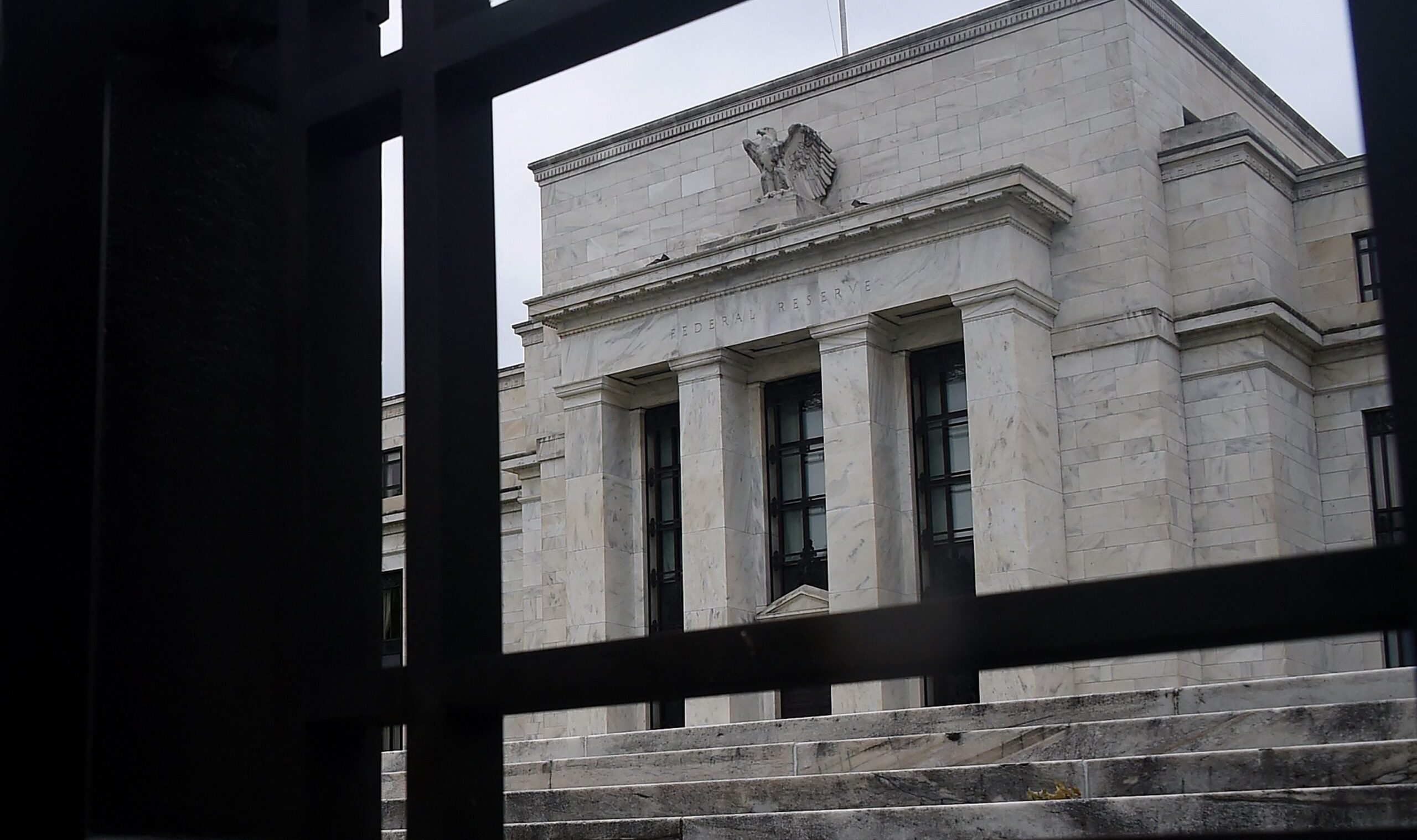Bernie Sanders: Federal Workers Should Have the Right to Strike
For the millions of Americans who rely on the government for prompt mail, air travel, and other services, a massive strike in which thousands of federal workers walk off the job could put livelihoods and even lives in peril. But if presidential hopeful Bernie Sanders has his way, service disruptions will quickly become the norm.
Just in time for Labor Day, the self-described democratic socialist senator from Vermont has proposed allowing federal employees to go on strike.
Unveiling his new plan, Sanders bemoaned that “under current law, federal employees are not guaranteed the same labor rights as workers in the private sector. While they have the ability to unionize, they are prohibited from going on strike.” He’s not wrong. Since the Kennedy administration, federal workers have been permitted to form unions, but the government has refused to recognize any right for those workers to strike.
Federal workers have certainly gone on strike since then—in clear violation of the rules and without the protections of any union. In 1970, employees of the Post Office Department staged the largest wildcat strike (i.e. without union endorsement) in U.S. history. In response to lackluster pay, hundreds of thousands of mail carriers refused to come back to work unless the government raised their wages and granted them full pensions.
“The effects of the strike were immediately felt by a wide range of people and institutions,” Jacobin contributor Paul Prescod recently recounted, adding, “Checks, stock certificates and bonds could not be delivered on Wall Street. New York Stock Exchange officials considered a market shutdown.” Unsurprisingly, President Nixon relented after eight days and agreed to sign legislation granting a double-digit percentage increase in pay and collective bargaining rights.
More famously, air traffic controllers staged a strike in the 1980s. As a result, around 40 percent of flights were delayed or canceled. The union refused to play ball despite Reagan offering them shorter work-weeks and a 10 percent conditional pay raise. Yet things didn’t work out quite as well for them as it did for the mail carriers—Reagan fired the strikers and ended the unrest.
If striking federal employees felt they were getting the raw end of the deal before illegally striking in the 1970s and 1980s, the pendulum has certainly swung back in the other direction since then. The U.S. Treasury’s December 2018 postal task force report notes, “USPS employees maintain a unique collective bargaining position. They can bargain for wages and benefits as private sector unions do, without the same level of risk that their company will go out of business.” The Treasury also noted that “no layoff” clauses are pervasive and prevent the USPS from changing its business model.
And sky-high compensations and lack of flexibility aren’t limited to USPS.
Cato Institute scholar Chris Edwards notes, “Since the 1990s, federal workers have enjoyed faster compensation growth than private-sector workers. In 2018 federal workers earned 80 percent more, on average, than private-sector workers.”
Most federal employees continue to enjoy defined benefit pension plans with large, guaranteed payouts, unlike in the private sector where a majority of workers have plans tied to market performance. These high rewards come with few risks. Government Executive notes, “There is near-universal recognition that agencies have a problem getting rid of subpar employees.”
This Labor Day, workers across the country should reflect on their hard work and success in an increasingly complex economy. Lawmakers should acknowledge the dedication of public and private employees, while avoiding giving a disproportionate few veto power over everyone else. Americans would feel more than a little disruption if postal workers walked off the job today. Flight cancellations would mount if air traffic controller and TSA unions demanded concessions from taxpayers. The American people deserve better than the kind of dysfunctional federal government Bernie Sanders wants to make normal.
Ross Marchand is the director of policy for the Taxpayers Protection Alliance.
